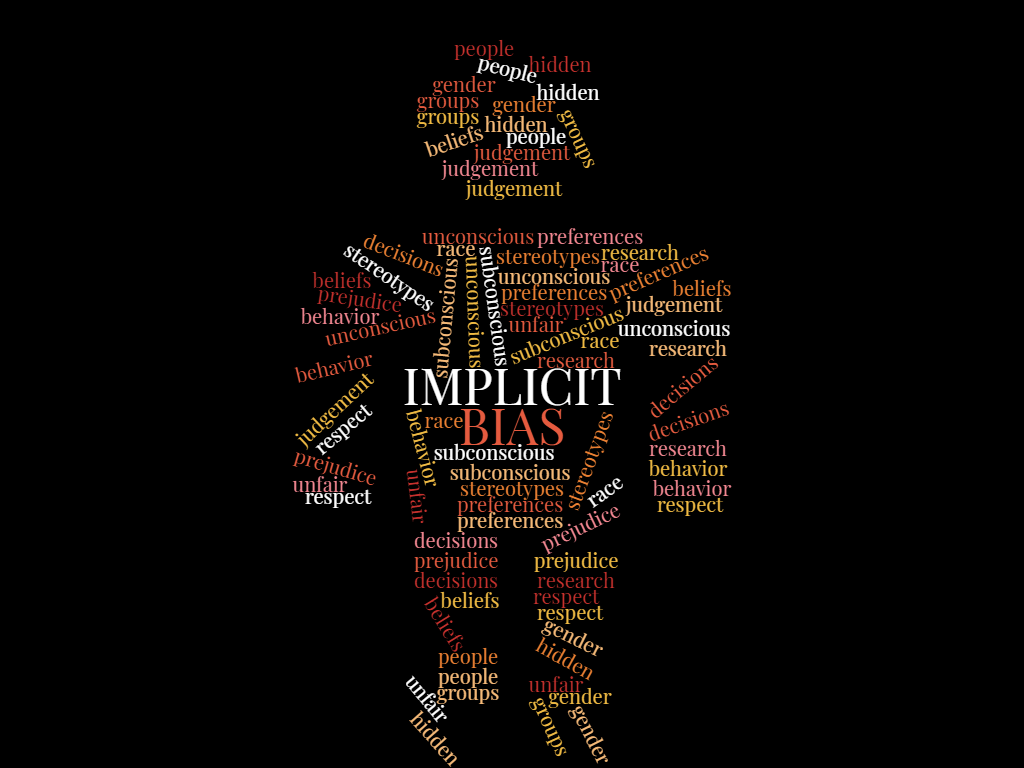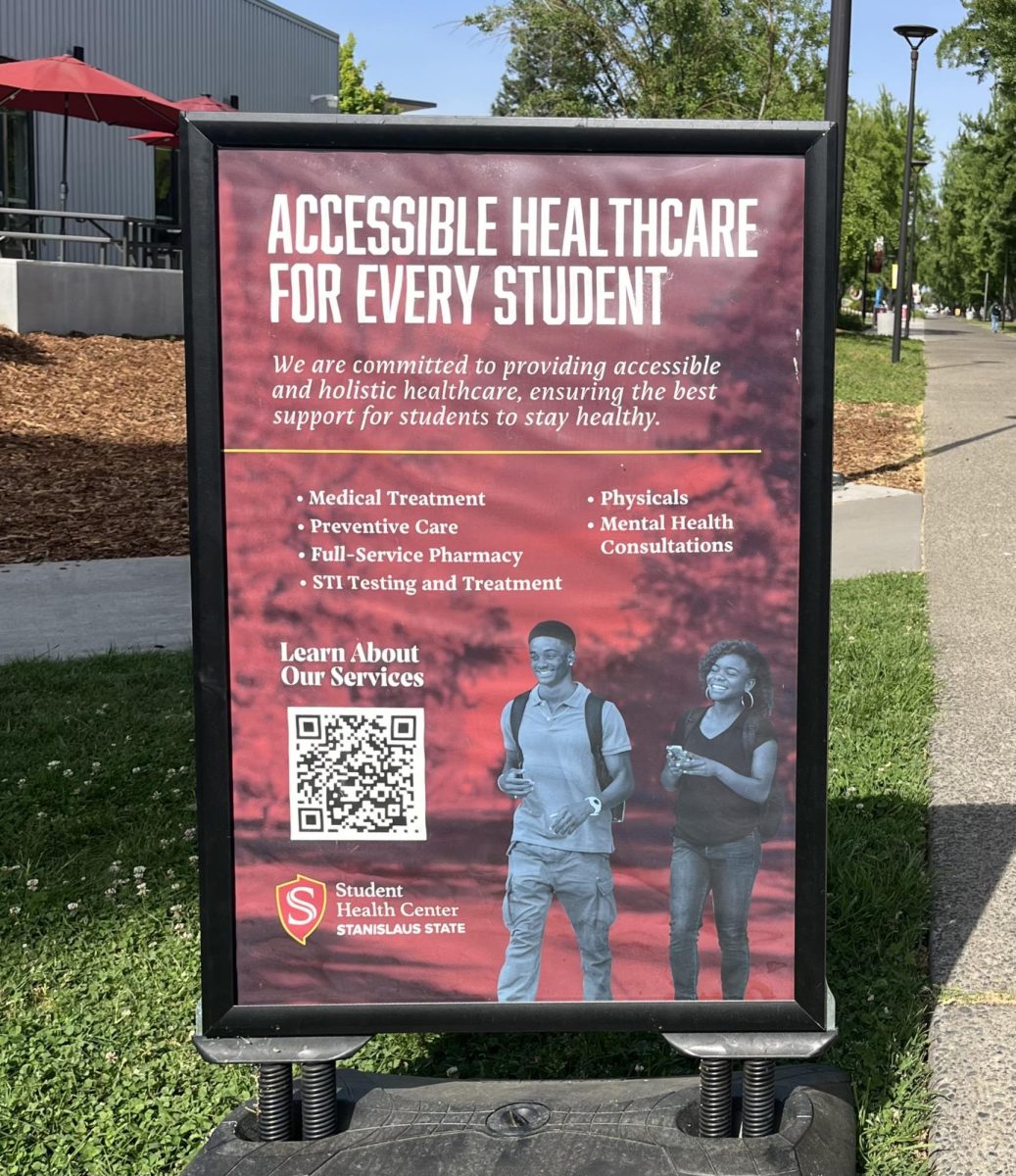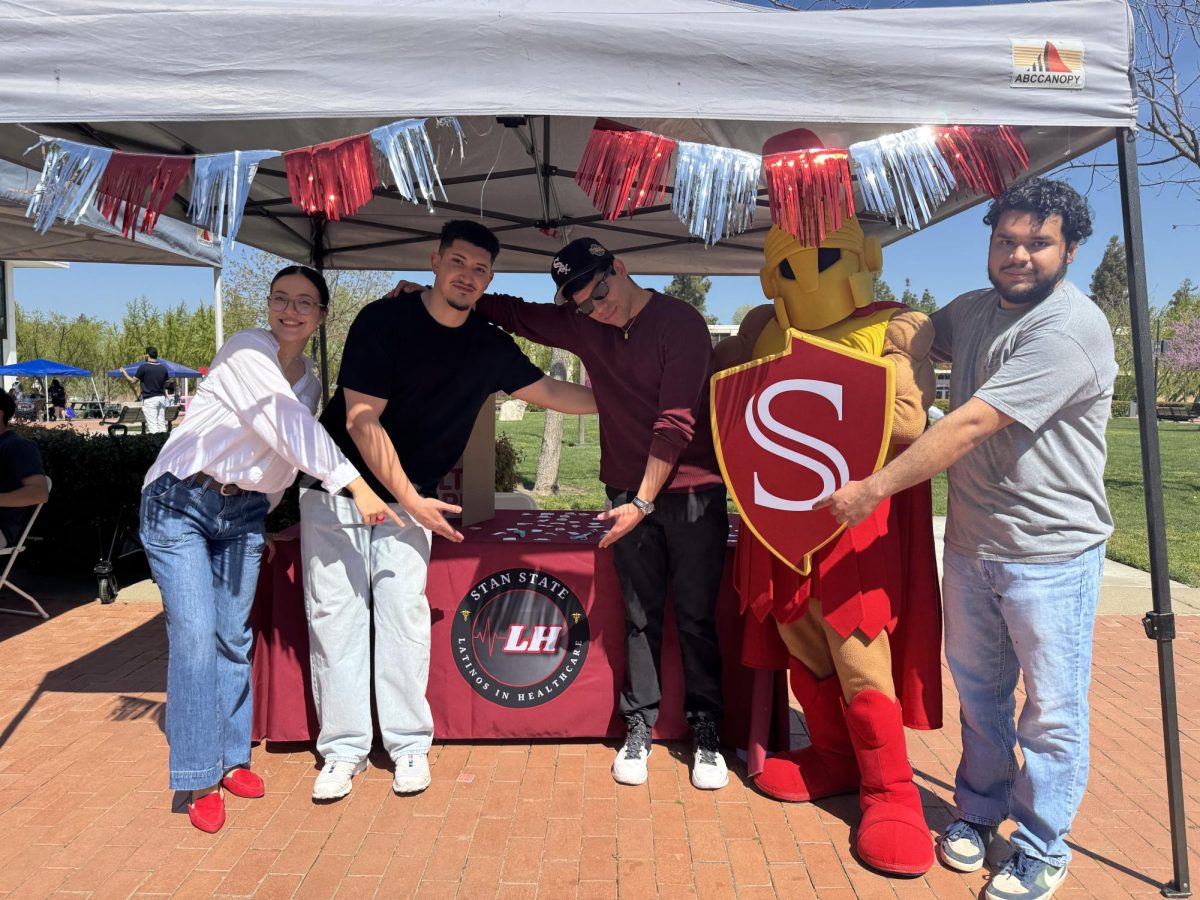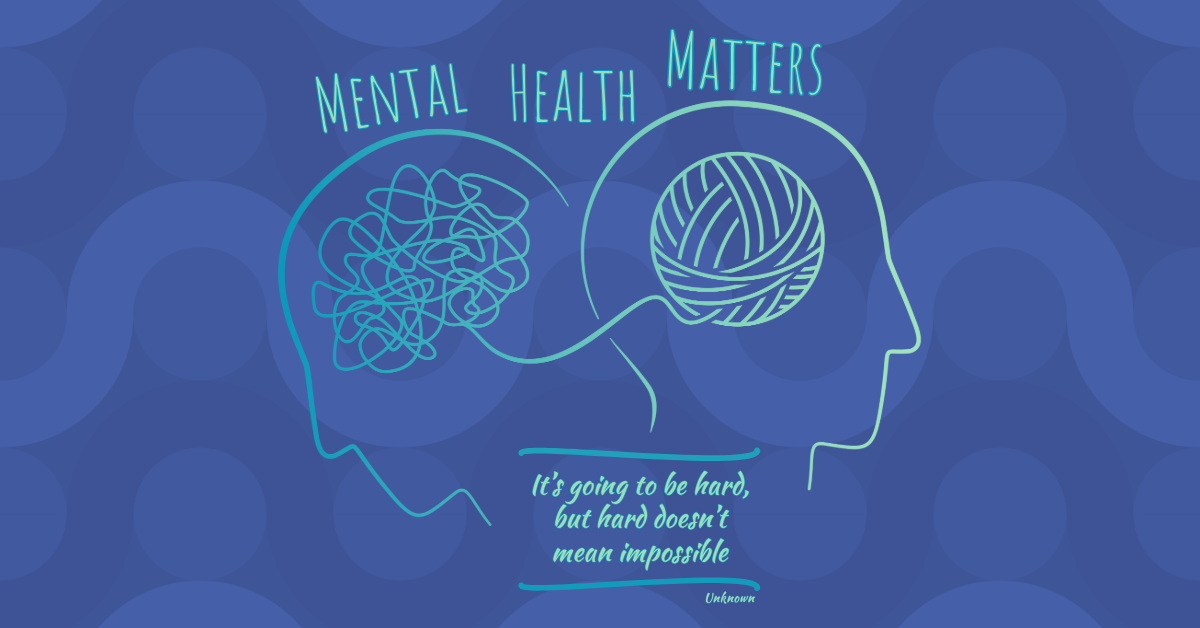Stan State is bringing attention to unconscious biases in the classroom in a workshop provided by the California Faculty Association (CFA) and the Faculty Center for Excellence in Teaching and Learning. The CFA is hosting one of two workshops on March 15, in which they will discuss and call attention to implicit stereotypes and preferences we all have.
The “Unconscious Bias” workshop is being held in the Faculty Development Center (FDC) room 118. Attending Stan State faculty can earn up to two credits per session. A second workshop will be hosted on May 10, which will concentrate on coping skills concerning implicit biases.
Implicit bias refers to the “attitudes or stereotypes that affect our understanding, actions, and decisions in an unconscious manner,” (Implicit Bias Review, 2015). Some of these attitudes can be included in discussions regarding political beliefs, ethnicity and religion.
For one conservative student, implicit biases, particularly political ones, are a recurring situation in the classroom.
“Professors will begin to talk about their political beliefs or start making fun of people in political office and I come from a conservative background, and even though none of my views are ‘extreme’ it doesn’t make me feel safe bringing up a dissenting point of view in class because I feel like everyone agrees with the professor,” said Bernadette Bray (freshman, English).
“It is important we educate our faculty about unconscious biases because we have a huge amount of influence on how students view themselves,” said Dr. Steven Filling, President of CFA and a professor in accounting, who is one of the leaders of the workshop and also teaches a class in business ethics.
This is especially true for Bray, as she described how she felt looking back at the situation. “My family often tells me, ‘you should speak up Bernadette and say your opinions’ but I don’t want to do that because I know if I do, I will come across as the black sheep,” Bray said.
Because this workshop is intended for faculty and staff, Dr. Brian Psiropulous, a professor in the English department, said he does see himself attending a similar workshop and found that training in unconscious biases would be “valuable and useful.”
One tool to be used during the workshop to help highlight where biases might show up is an Implicit Association Test, or IAT. An IAT “measures the strength of association between concepts (e.g., Black people or gay people) and evaluations (e.g. good or bad) or stereotypes (e.g. athletic, clumsy,” according to Project Implicit.
The overriding factor is that implicit biases or stereotypes are pervasive and they reside deep in our subconscious. With that being said, according to Dr. Filling, “the goal is not to create a bias-free world but to create a world in which we can identify biases we have that can affect the things we do.”
Categories:
Calling Attention to Unconscious Biases in the Classroom
by Contributing Writer Alexis Coggins
•
March 14, 2019
0
More to Discover







